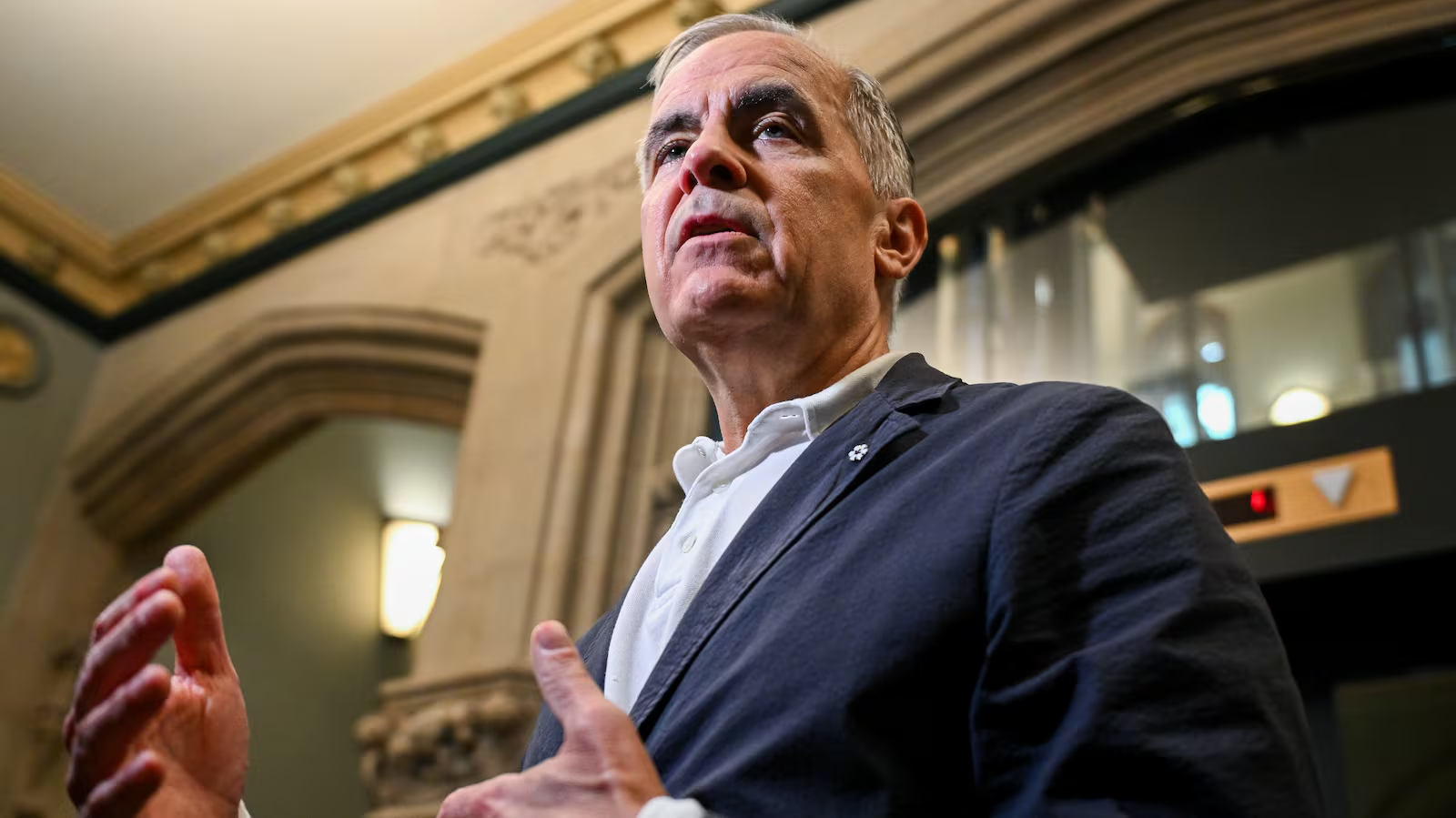MEXICO CITY — Prime Minister Mark Carney is urgently working to mend Canada’s strained relationship with Mexico, months after political missteps and public snubs jeopardized decades of trilateral cooperation.
The damage dates back to late last year, when Canadian officials — including former Prime Minister Justin Trudeau and Ontario Premier Doug Ford — made comments suggesting Canada would fare better negotiating a bilateral trade deal with the U.S., leaving Mexico out of the equation. Trudeau’s unannounced trip to Mar-a-Lago in November to meet with President Donald Trump only deepened the rift, blindsiding Mexican leaders.
Now with Trump imposing 35% tariffs on Canadian exports, compared to a 90-day pause on Mexico-bound tariffs, Ottawa is feeling the diplomatic fallout. In an attempt to reset the relationship, Carney phoned Mexican President Claudia Sheinbaum in July, complimenting a hand-crafted soccer ball she once gifted him and expressing interest in visiting Mexico soon. According to insiders, the gesture was meant to break the ice — and signal Canada’s willingness to repair ties.
“It is extremely important for Canada to have a resilient relationship with Mexico, and indeed, I’m here to kick start that relationship,” said Foreign Minister Anita Anand, who, along with Finance Minister Chrystia Freeland, visited Mexico this week for high-level meetings.
President Sheinbaum echoed the sentiment on social media, writing: “We’re strengthening the relationship between our countries.”
Behind the scenes, the stakes are high. The U.S.-Mexico-Canada Agreement (USMCA), which underpins much of the continent’s trade, continues to protect key Canadian and Mexican exports from Trump’s escalating tariffs. But tensions stemming from 2018 USMCA negotiations still linger. While Canadian officials claim Mexico struck its own deal with the U.S. first, forcing Canada to concede, Mexican trade experts argue Mexico held firm to preserve a trilateral pact.
“If there are Mexicans who feel Canada betrayed them, they should look in the mirror,” a Canadian official told Reuters, speaking anonymously.
The bitterness cuts both ways. One Mexican official said President Sheinbaum had ordered a freeze on dealings with Canada until Trudeau stepped down. Now, with Carney in office since March, diplomatic efforts are ramping up. Canada invited Sheinbaum to the G7 Summit in June — a move that was seen as a reset. Though Trump left early and did not meet Sheinbaum, the symbolic presence of both leaders sent a signal that cooperation might be back on the table.
Carney also assured Sheinbaum that Canada’s new steel import limits — announced as a domestic shield against U.S. tariffs — would not affect Mexico, another gesture intended to ease frictions.
Still, experts warn that unless Canada and Mexico rebuild trust and work jointly with the U.S., the USMCA could unravel. Without renewal in 2026, it will automatically expire in 2036, potentially devastating sectors like auto manufacturing, agriculture, and pharmaceuticals across North America.
“It’s always better to have a three-player game,” said former Mexican trade negotiator Juan Carlos Baker. “Mexico knows very well that going toe-to-toe with Washington alone will favor the U.S.”
While both Canada and Mexico seek to protect their economies amid Trump’s escalating trade war, whether they can move past old grievances may determine the future of North American free trade.

